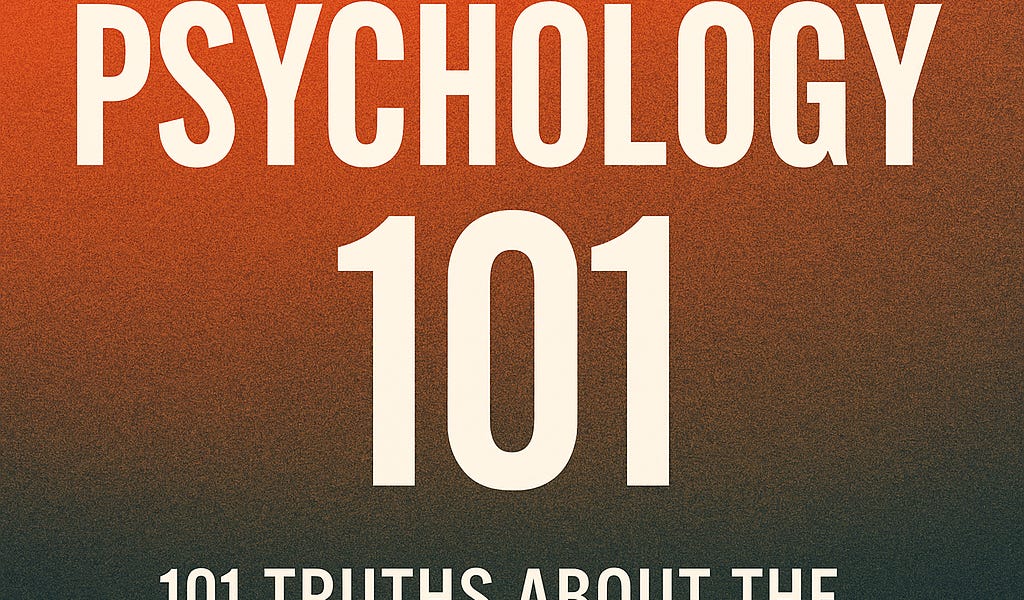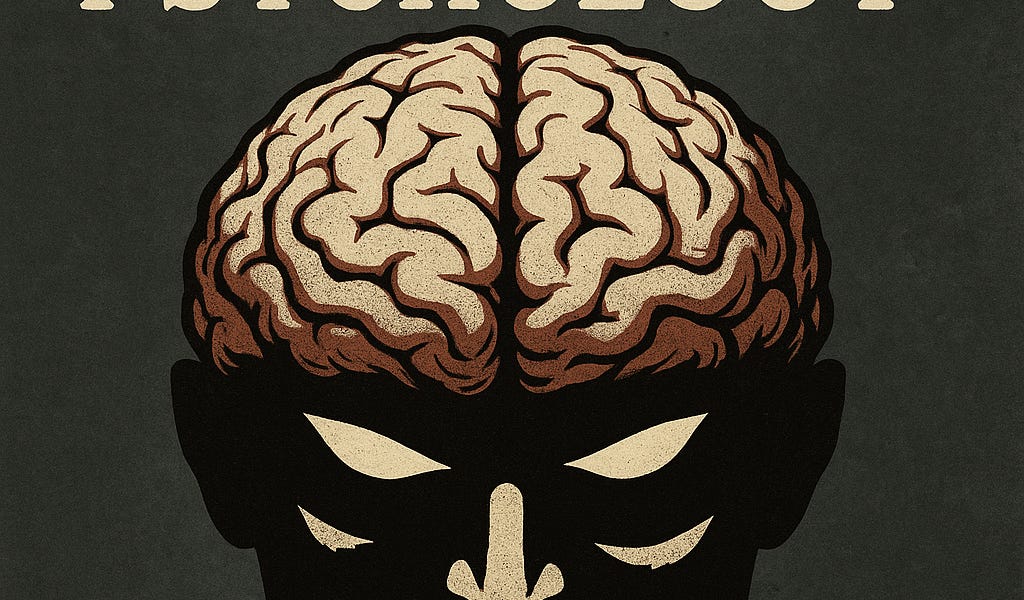- Mind Hacker
- Posts
- The Psychology of Obedience: Why Most People Follow Orders They Don’t Believe In
The Psychology of Obedience: Why Most People Follow Orders They Don’t Believe In

What if someone in a white coat told you to hurt another person, would you do it?
It sounds like the premise of a dark novel, but in 1961, psychologist Stanley Milgram decided to test this exact question. His work became one of the most infamous studies in the history of psychology, not because of cruelty, but because of what it revealed about human nature.
Here’s What a 1-Day Gutter Upgrade Should Cost You
Today, seniors (even on a fixed income or pension) can afford a modern gutter guard, along with 1-day installation and a 100% no-clog guarantee.
With this new website, you can ‘skip’ the middleman, design a gutter guard that’s right for you, and get (fair) local pricing.
er/The Milgram Experiment: An Experiment in Obedience
Milgram gathered volunteers and told them they would be “teachers” in a memory test. Their task seemed simple:
if the “learner” answered incorrectly, they would administer an electric shock. The shocks began at a mild 15 volts, but escalated with each mistake, eventually reaching a deadly 450 volts.
Beside the teacher stood an authority figure, the experimenter, calmly instructing them with firm phrases:
“Please continue.”
“The experiment requires that you continue.”
“You have no other choice; you must go on.”
Unknown to the volunteers, the learner was an actor. No shocks were real. The screams of pain, the desperate pleas, and even the silence that suggested death, were all staged.
But here’s the chilling part: 60% of participants kept going all the way to the maximum voltage. Even as they trembled, sweated, and protested, most continued simply because an authority told them to.
The Disappointing Truth About Human Psychology
The results were devastating to anyone hoping to believe in human moral independence. Regular, everyday people—teachers, clerks, workers, were willing to “kill” another person, not out of hatred or rage, but out of obedience.
Milgram’s work forced psychology, and the world, to confront an unsettling truth: ordinary people are capable of extraordinary harm when they feel they have no choice but to follow orders.
It made historians and philosophers alike rethink the horrors of the past. How many tragedies in history weren’t carried out by villains in capes, but by regular people, simply “doing their job,” “following protocol,” or “obeying authority”?
Why These Psychological Tricks Work
Milgram’s study is a window into the psychological levers that influence almost everyone:
Authority Bias
Humans tend to trust and obey authority figures, whether they wear a lab coat, uniform, or carry a title. Authority provides legitimacy, and we feel safer relinquishing responsibility to them.Gradual Commitment
The shocks started small, 15 volts, 30 volts, 45 volts. Each step seemed insignificant, making the leap to 450 volts psychologically easier. This is known as the foot-in-the-door effect.Diffusion of Responsibility
Volunteers weren’t “really responsible”, the experimenter was in charge. When responsibility is shifted to someone else, people feel less accountable for their actions.Social Pressure
Defying authority often feels like making a scene. Humans avoid conflict and want to be seen as cooperative. Saying “no” can feel harder than causing harm.
What This Means for Us Today
The Milgram experiment isn’t just history, it’s a mirror. It reminds us to ask:
How often do we comply with rules or instructions that go against our values, just because “that’s the way it’s done”?
In workplaces, governments, or social groups, are we truly making decisions—or just obeying?
The uncomfortable reality is that obedience can make ordinary people instruments of harm. The hopeful truth is that awareness is the first step toward resistance.
Milgram’s experiment disappointed those who wanted to believe in human independence. But perhaps its greatest gift is this: it forces us to stay vigilant. It reminds us that the line between good and evil is not between “heroes” and “villains,” but within every human being, shaped by circumstance, authority, and choice.
And next time someone says, “You must continue,”,we may think twice before we obey.
From Italy to a Nasdaq Reservation
How do you follow record-setting success? Get stronger. Take Pacaso. Their real estate co-ownership tech set records in Paris and London in 2024. No surprise. Coldwell Banker says 40% of wealthy Americans plan to buy abroad within a year. So adding 10+ new international destinations, including three in Italy, is big. They even reserved the Nasdaq ticker PCSO.
Paid advertisement for Pacaso’s Regulation A offering. Read the offering circular at invest.pacaso.com. Reserving a ticker symbol is not a guarantee that the company will go public. Listing on the NASDAQ is subject to approvals.
Finally, a Nutrition Plan That Fits You
Stop guessing with one-size-fits-all diet plans. Fay connects you with a Registered Dietitian for true 1-on-1 coaching. They work with you to create a sustainable nutrition plan tailored to your unique body, lifestyle, and personal health goals. It’s time to get guidance that actually works.






Reply